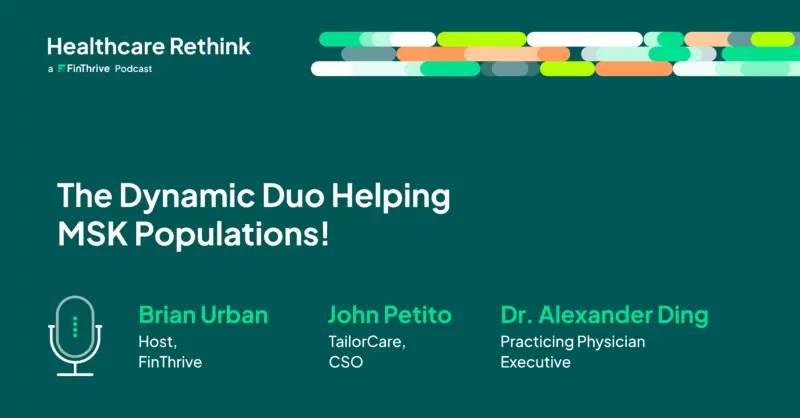Adding an Additional System: How did the Team Handle Implementing a New system?
In today’s dynamic healthcare landscape, technology has revolutionized patient care. Carevive, a multidisciplinary clinic, exemplifies this by focusing on both physical and mental health. Patients benefit from weekly treatment updates and questionnaires, fostering a sense of security and support. Healthcare providers have embraced the platform, witnessing improved patient outcomes and compliance rates. Carevive’s seamless integration into electronic medical records enhances communication and education, empowering patients to take an active role in their care. Beyond individual benefits, the platform elevates overall patient care standards by promoting collaboration and efficiency. Looking ahead, technology’s role in patient care will continue to expand. Embracing and leveraging such advancements will be vital for healthcare providers to offer the best possible care to their patients.



